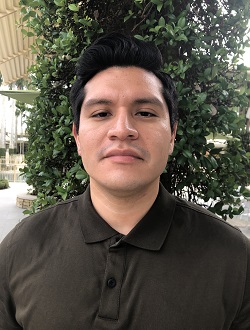How long will this take?
Most issues will take at least several sessions to resolve, however, complex trauma can take significantly a bit more time. Your counselor will be able to help you gauge this during your initial session.
What can EMDR help with?
EMDR was first used to treat post-traumatic stress disorder (PTSD). There is significant research on the effectiveness in treating trauma. Veterans and first responders have found significant relief from trauma exposure with EMDR therapy. EMDR has also shown to be effective in treating issues like anxiety, phobias, depression, grief, chronic pain, and sleep disturbance.
In case you were wondering, EMDR therapists go through rigorous training and supervision to effectively use EMDR with their clients.
Okay…but can EMDR help ME?
Are you ready to resolve memories so they no longer trigger negative feelings and reactions? Are you ready to be free of the pain and distress caused by a traumatic experience? Are you ready to change the negative way you view yourself?
If the answer to any of these is “yes,” then talk to us about whether EMDR therapy is right for you. Contact us today!
The following therapists are trained in EMDR:




